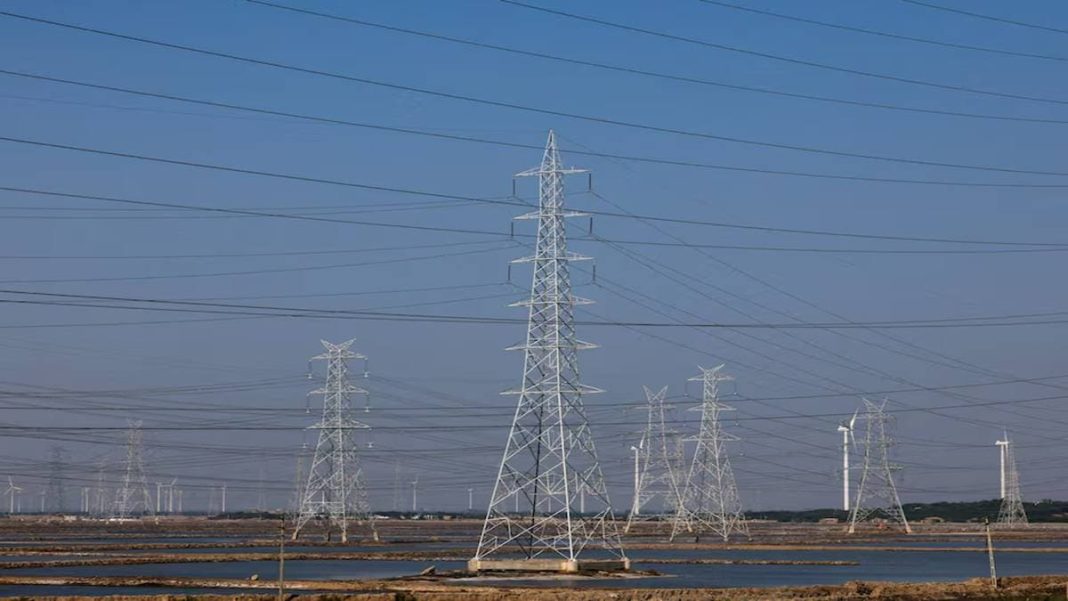Modi Government Proposes $12 Billion Power Sector Bailout with Privatization Mandate
The Indian government is considering a massive 1 trillion rupee ($12 billion) bailout package for financially struggling state power distribution companies. In a significant reform push, states will be required to either privatize their utilities or list them on stock exchanges to access these funds.
Key Takeaways
- $12 billion bailout package for state power distribution companies
- Mandatory privatization or stock exchange listing for fund access
- Private firms must supply 20% of state power consumption
- States must assume part of distribution companies’ debt
- Announcement expected in February budget
Two Privatization Pathways
According to a Power Ministry presentation, states have two main options to access bailout funds. The first involves creating a new distribution company and divesting 51% equity, which provides access to 50-year interest-free loans for the privatized entity’s debt along with low-interest federal loans for five years.
The second option allows states to privatize up to 26% equity in existing state-owned power distribution companies in exchange for five-year low-interest federal loans. States opting against privatization must list their utilities on recognized stock exchanges within three years to qualify for infrastructure management loans.
Massive Debt Burden
State power retailers have accumulated staggering losses of 7.08 trillion rupees ($80.6 billion) with outstanding debt reaching 7.42 trillion rupees ($84.4 billion) as of March 2024. Despite three previous federal bailouts over two decades, these distributors remain financially strained due to deeply subsidized tariffs that prevent cost recovery.
Major private players including , Reliance Power, Tata Power, CESC and Torrent Power are expected to benefit from the reforms through potential stakes in state companies.
Reform Challenges Ahead
Previous privatization attempts have faced strong resistance from employee unions and opposition parties, stalling earlier reform efforts. Currently, only a handful of distribution zones – including Delhi, Maharashtra and Gujarat – operate under private management.
“Privatization is much needed to improve both financial and operational metrics of many power distribution companies. However, this move could face some resistance and will require strong political will,” said Debabrat Ghosh, Head of India, Aurora Energy.
The government is preparing to amend electricity laws in the next parliamentary session to enable private companies to utilize existing state-run networks, marking one of Prime Minister Narendra Modi’s most ambitious power sector overhauls to date.




